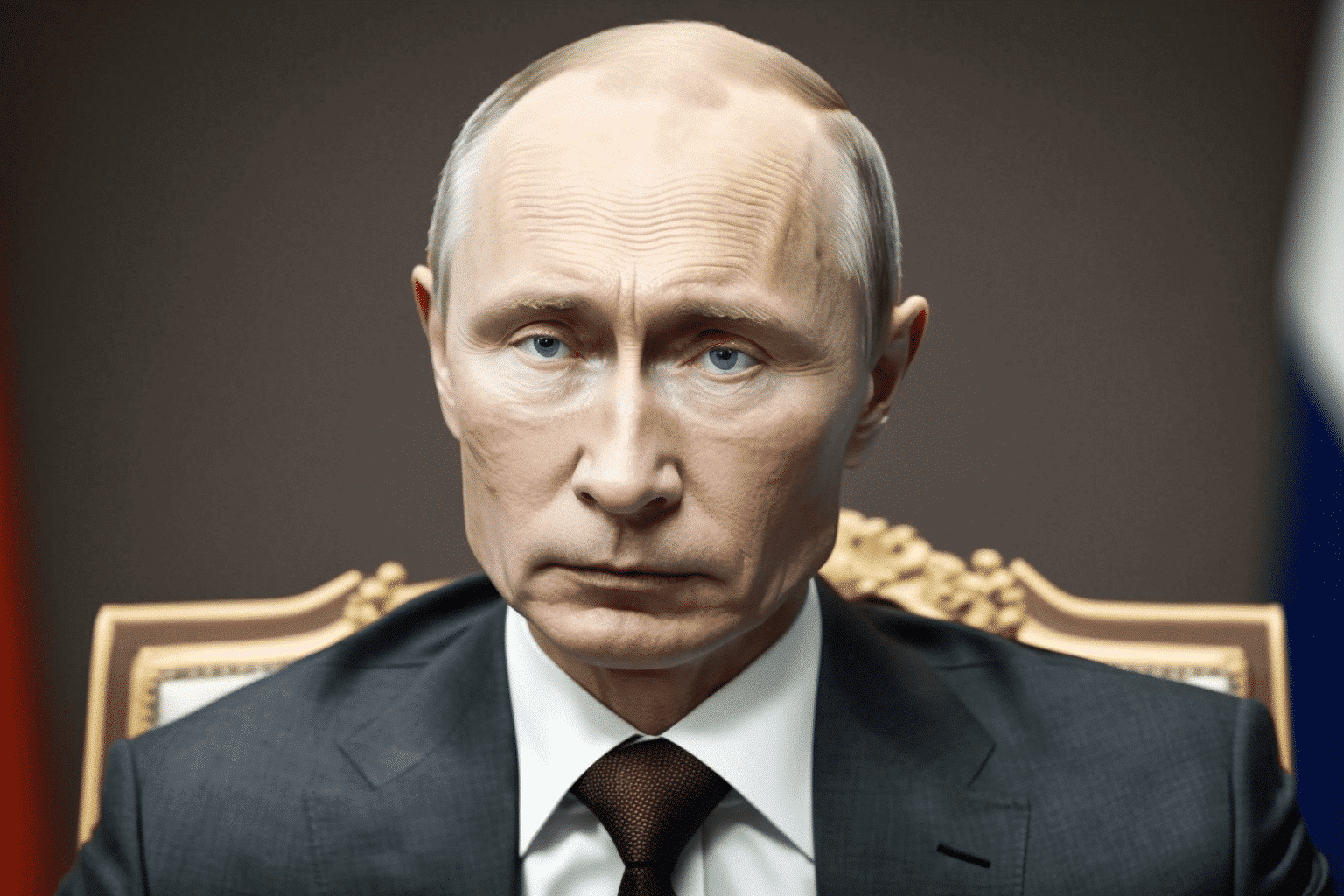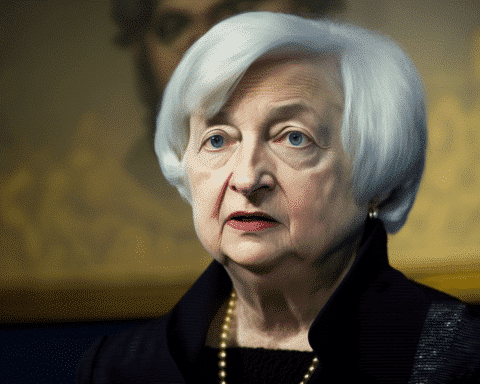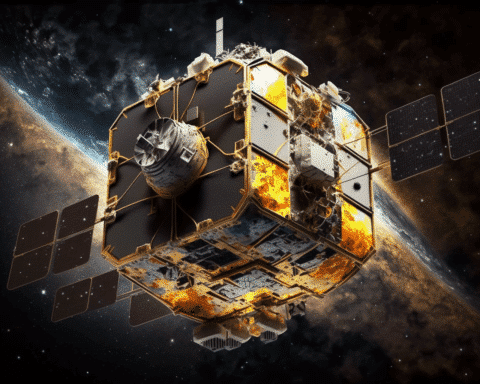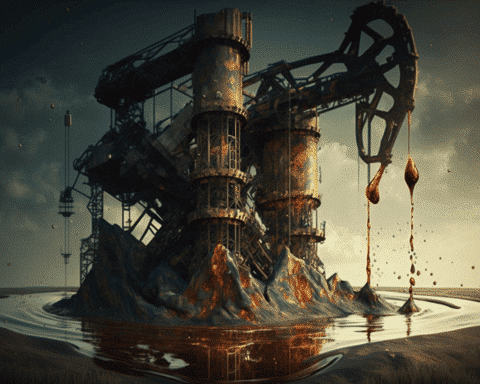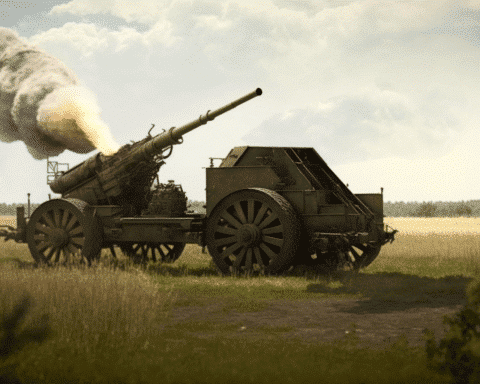Vladimir Putin was issued an arrest warrant by the International Criminal Court (ICC) on Friday.
The international body alleges that Putin is responsible for war crimes due to the illegal deportation of children from Ukraine to Russia.
The court stated that the actions took place in Ukraine starting February 24, 2022, when Russia launched its large-scale invasion against the Eastern European country.
Moscow denies having committed war crimes during the invasion.
There are reasonable grounds to believe that Putin committed the acts directly and worked with others to execute them. The ICC accuses Putin of involvement in the deportation of children.
The court also indicated that the Russian leader did not exercise his powers to stop others who deported minors.
Maria Alekseyevna Lvova-Belova, the Russian commissioner for children’s rights, was also issued an arrest warrant by the ICC.
Karim Ahmad Khan, the ICC prosecutor, assured: “We cannot allow children to be treated as war booty.”
“Those responsible for the alleged crimes must be brought to justice, and the children must be returned to their families,” he said.
Despite the arrest warrants for Putin and Lvova-Belova, the ICC does not have the authority to arrest suspects and can only exercise its jurisdiction within the nations that signed the agreement setting up the court.
The Russian government does not sign the agreement, so deportation is unlikely.
As a result, the Russian president will become an international pariah and find it difficult to travel, especially to countries that recognize the jurisdiction of the International Criminal Court.
ICC members are required to arrest anyone accused by the court.
Russian opposition leaders welcomed the announcement. In a tweet, Zhdanov described it as a symbolic but essential step for imprisoned opposition leader Alexei Navalny.
According to Volodymyr Zelensky, the Ukrainian president appreciated Khan and the criminal court’s decision to investigate the “malignant state.”
Andriy Kostin, Ukraine’s Attorney General, called the decision “historic,” while Andriy Yermak, the country’s presidential chief of staff, called it “only the beginning.”
US President Joe Biden also celebrated the arrest warrant. Biden noted that although the court does not have jurisdiction in his country, issuing the judicial order is a “powerful” argument.
“Clearly (Putin) has committed war crimes,” Biden said.
“Like toilet paper”
In response to the arrest warrant for Putin, a spokeswoman for the Russian Foreign Ministry said it “has no meaning.”
“Our country does not recognize the decisions of the International Criminal Court, even legally,” spokeswoman Maria Zakharova said.
“As a non-party to the Rome Statute of the International Criminal Court, Russia has no obligations under it. It does not cooperate with the court, so any arrest warrants from the court are null and void for us.”
Former Russian President Dmitry Medvedev compared the arrest warrant against Vladimir Putin to “toilet paper.”
Medvedev has supported the war in Ukraine.
On Friday, Dmitry Peskov, Putin’s spokesman, told journalists that the ICC’s order is “unacceptable.”
“Members of Russia’s government, as well as several other nations, do not recognize the jurisdiction of this court, so any such decision for them is null and void from a legal standpoint.”
Peskov refused to answer further questions on the subject.
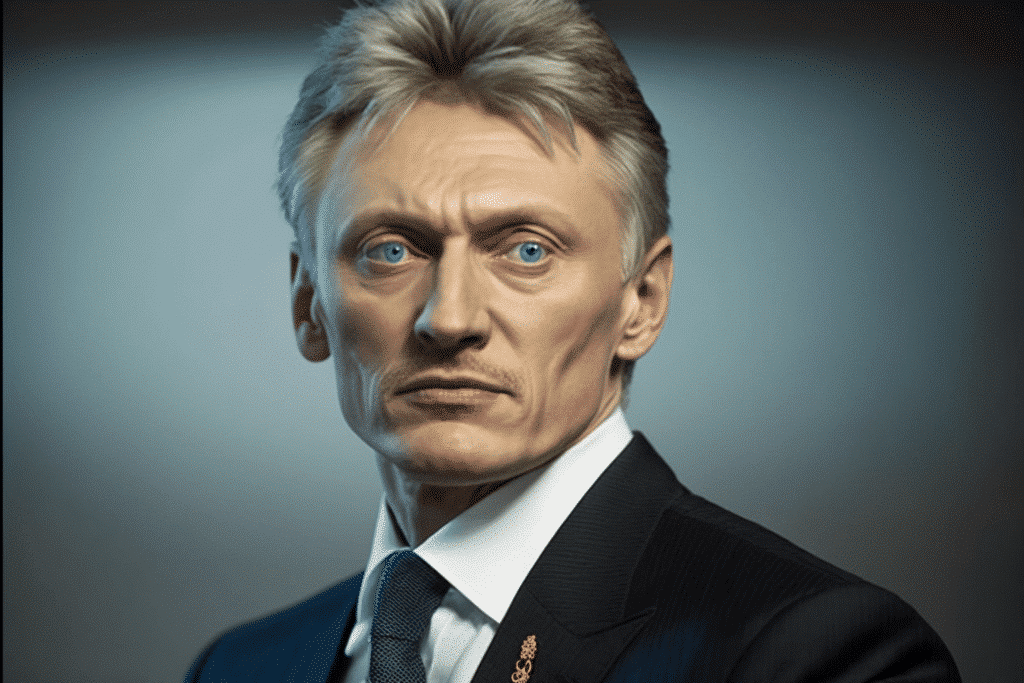
Who is Maria Lvova-Belova?
In statements published by the TASS news agency, Maria Lvova-Belova denied the accusations and claimed that her actions and those of the Russian government “surrounded” the children with love during the conflict.
“I am glad that the international community has recognized the importance of helping the children of our country, taking them out of war zones and providing them with care and love,” she said.
“There have been sanctions from all countries, even Japan, against me, now an arrest warrant. I wonder what will happen next. Well, we continue working,” she added.
Earlier this year, BBC Monitoring reported that Ukrainian children had been transferred to Russia by Lvova-Belova.
She allegedly complained that minors taken from Mariupol to Russia “spoke badly of the [Russian] president, said horrible things, and sang the Ukrainian anthem.”
“They began to integrate” after being placed in adoptive families in Russia, the official maintained, according to Monitoring.
“So yes, there are some bad things at the beginning, but then they turn into love for Russia,” Lvova-Belova added, who also reported that she had “adopted” a 15-year-old boy from the Ukrainian city of Mariupol.
The United States estimates that about 6,000 Ukrainian children would have been transferred from cities attacked by the Moscow army to Russian territory, although Ukraine puts that figure at 16,000.
UN report
It was reported Thursday that the UN Investigation Commission on Ukraine had illegally transferred hundreds of Ukrainian children to Russia.
Several other war crimes were committed by Russia in Ukraine, as stated in the Commission’s report.
Several Russian policies have been introduced to “allow some of the children to stay permanently” in Russia, such as granting Russian citizenship and placing them in foster families.
Even though the transfers were meant to be temporary, many were prolonged, and parents and children had difficulty establishing contact, according to the UN investigators.
It was reported to the Commission that parents and children, in some cases, were forced to wear dirty clothes, shouted at, and insulted once they were transferred to Russia-controlled areas. They also stated that “some children with disabilities were not provided adequate care and medication.”
The report states that parents had difficulty finding or recovering their children due to logistical, financial, and security challenges.
It also quotes witnesses saying that the younger transferred children may not have been able to establish contact with their families and, as a result, could “lose contact with them indefinitely.”
Friday’s announcement is an extraordinary development in the context of the Russian invasion of Ukraine.
The International Criminal Court (ICC) has focused on the forced kidnapping of Ukrainian children being transferred to Russia as one of the alleged war crimes committed by Russian forces.
The Court’s responsibility lies with President Vladimir Putin and Commissioner for Children’s Rights Maria Lvova-Belova.
The arrest warrants respond to the alleged war crime of illegally transferring Ukrainian children in Moscow-occupied Ukraine to Russia.
According to the ICC, the arrest warrant was to be secret to protect victims and witnesses, but it said it was in the interest of justice to make it public to prevent further abductions.
There is no chance of seeing Putin seated in The Hague because Russia, like the United States, is not part of the ICC, which can only judge those detained under its jurisdiction. It is, therefore, unimaginable that Russia would hand over its president.
But legally, it still poses a problem for Putin. He remains the head of state of a G20 country and will shake hands with his Chinese counterpart, Xi Jinping, in Moscow on Monday, but he is now on the list of wanted persons sought by justice, which will restrict the countries he can visit.
It is also a very embarrassing accusation for the Kremlin, which has consistently denied war crimes that a powerful multinational body like the ICC does not believe Moscow.
The fact that the ICC has chosen to focus on the forced kidnapping of Ukrainian children being transferred to Russia speaks to the seriousness of the allegations.
Although the arrest warrants are mainly symbolic, they serve as a reminder of the international community’s commitment to holding individuals accountable for war crimes.
The situation highlights the complexities of international law and politics. While Russia is not a signatory to the ICC and is therefore unlikely to extradite Putin or Lvova-Belova, the arrest warrants will undoubtedly impact their international standing and ability to travel freely.
War crimes were committed during the Russian invasion of Ukraine, and justice and accountability must be ensured. The investigation into war crimes is ongoing. As the conflict unfolds, it remains to be seen what further steps the international community will take to ensure that those responsible for war crimes are held accountable and that the victims receive the justice they deserve.
